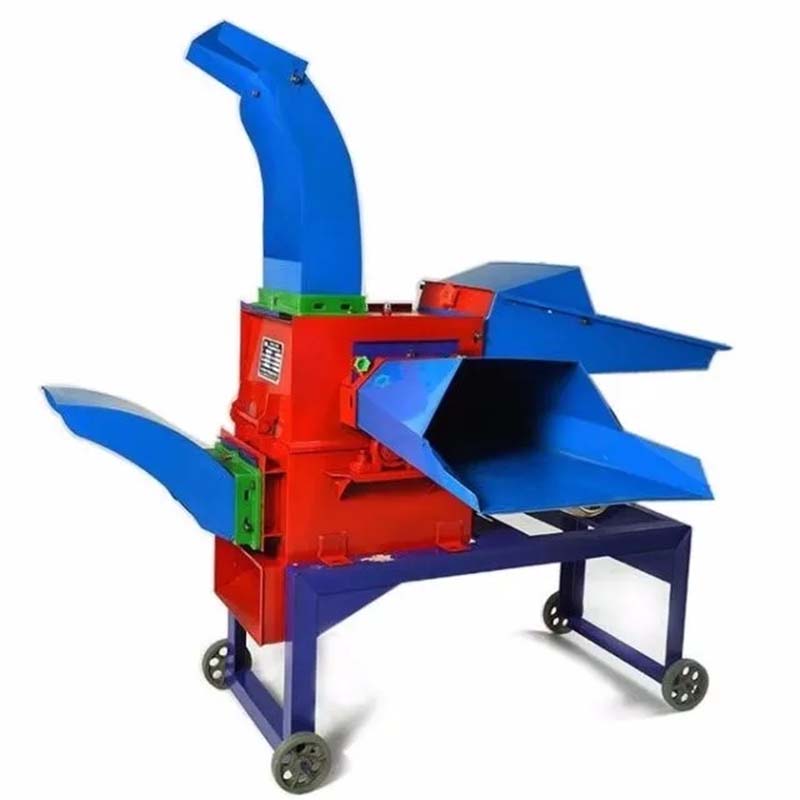breeding cages for rabbits
Nov . 15, 2024 16:23 Back to list
breeding cages for rabbits
Breeding Cages for Rabbits An Essential Guide
Rabbits have become increasingly popular as pets, but they are also essential animals in the agricultural sector, particularly in the context of meat and fur production. For breeding rabbits effectively, having the right environment is crucial. This is where breeding cages play a significant role. The design and structure of these cages can greatly influence the health, productivity, and well-being of breeding rabbits.
Importance of Breeding Cages
Breeding cages provide a controlled environment for rabbits, allowing for optimal growth and reproduction. These cages can reduce stress by minimizing disturbances from other animals and humans, which is essential for successful breeding. Furthermore, a well-designed cage enhances hygiene, making it easier to clean and manage waste. This cleanliness is vital for preventing disease and promoting the overall health of the rabbits.
Key Features of a Good Breeding Cage
When selecting a breeding cage for rabbits, certain features must be taken into account
1. Size Adequate space is critical. Each breeding pair should have enough room to move around comfortably, typically requiring a cage that is at least 4 feet long, 2 feet wide, and 2 feet high. Providing ample space not only enables natural behaviors but also prevents aggression and stress.
2. Material The material of the cage should be durable and safe. Commonly used materials include wire mesh for the walls (to allow ventilation and visibility) and solid floors to ensure comfort. It’s advisable to avoid wire floors to prevent injuries to the rabbits’ feet.
3. Ventilation Proper airflow is vital to maintain a comfortable and healthy environment inside the cage. Inadequate ventilation can lead to respiratory issues and an overall unhealthy atmosphere.
breeding cages for rabbits

4. Ease of Access Cages should be designed to allow easy access for feeding, watering, and cleaning. Access doors should be large enough for the caretaker to move easily, ensuring that rabbits can be cared for without excessive stress.
5. Nest Boxes For breeding cages, incorporating a nest box is essential. Does (female rabbits) require a safe and private space to give birth and care for their kits (young rabbits). A well-designed nest box encourages the natural nesting behavior, improving the chances of survival for the kits.
Optimal Conditions for Breeding
Once the cages are set up, maintaining optimal conditions is critical for successful breeding. The following factors should be monitored
- Temperature Rabbits thrive in a cool environment. The ideal temperature for breeding rabbits is between 60°F to 70°F (15°C to 21°C). Extreme temperatures can affect breeding success and the health of the rabbits.
- Lighting Proper lighting is essential. Natural light is preferable, but if artificial lighting is used, it should mimic the natural light cycle, avoiding abrupt changes.
- Diet A balanced diet plays a significant role in the overall health of breeding rabbits. They should have access to hay, fresh vegetables, and high-quality pellets. Proper nutrition supports reproductive health and overall vitality.
Conclusion
In summary, breeding cages are a critical component in the successful breeding of rabbits. Selecting a suitable cage entails considering size, material, ventilation, and accessibility. Creating the right environment—one that is safe, clean, and comfortable—will not only enhance breeding success but also contribute to the health and well-being of the rabbits. Through diligent care and proper conditions, breeders can ensure that their rabbits thrive, leading to a successful and rewarding venture, whether in a domestic setting or an agricultural one.
-
Hot Sale 24 & 18 Door Rabbit Cages - Premium Breeding Solutions
NewsJul.25,2025
-
Automatic Feeding Line System Pan Feeder Nipple Drinker - Anping County Yize Metal Products Co., Ltd.
NewsJul.21,2025
-
Automatic Feeding Line System Pan Feeder Nipple Drinker - Anping County Yize Metal Products Co., Ltd.
NewsJul.21,2025
-
Automatic Feeding Line System - Anping Yize | Precision & Nipple
NewsJul.21,2025
-
Automatic Feeding Line System - Anping Yize | Precision & Nipple
NewsJul.21,2025
-
Automatic Feeding Line System-Anping County Yize Metal Products Co., Ltd.|Efficient Feed Distribution&Customized Animal Farming Solutions
NewsJul.21,2025






